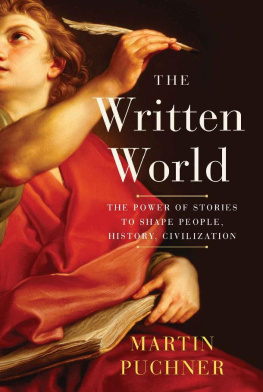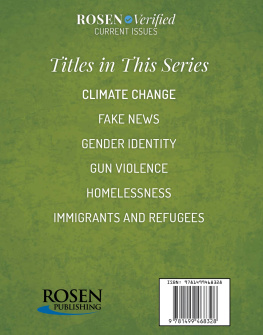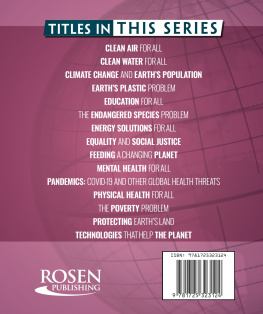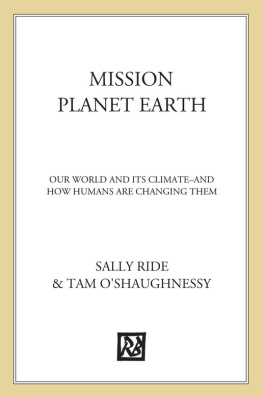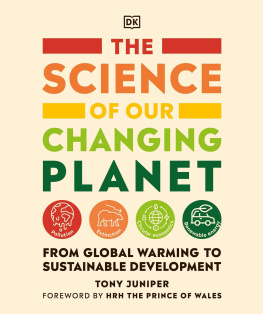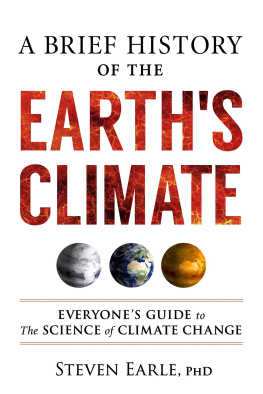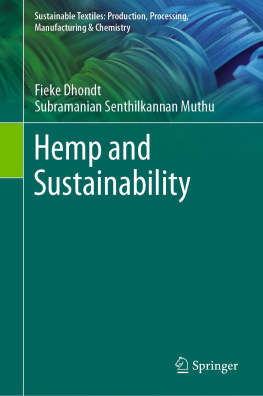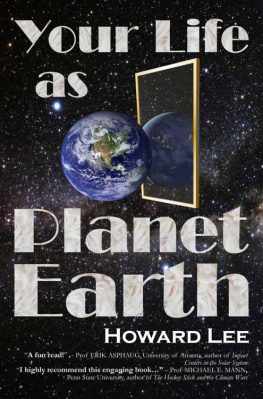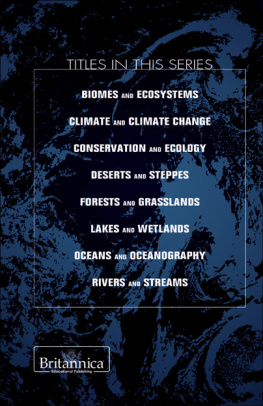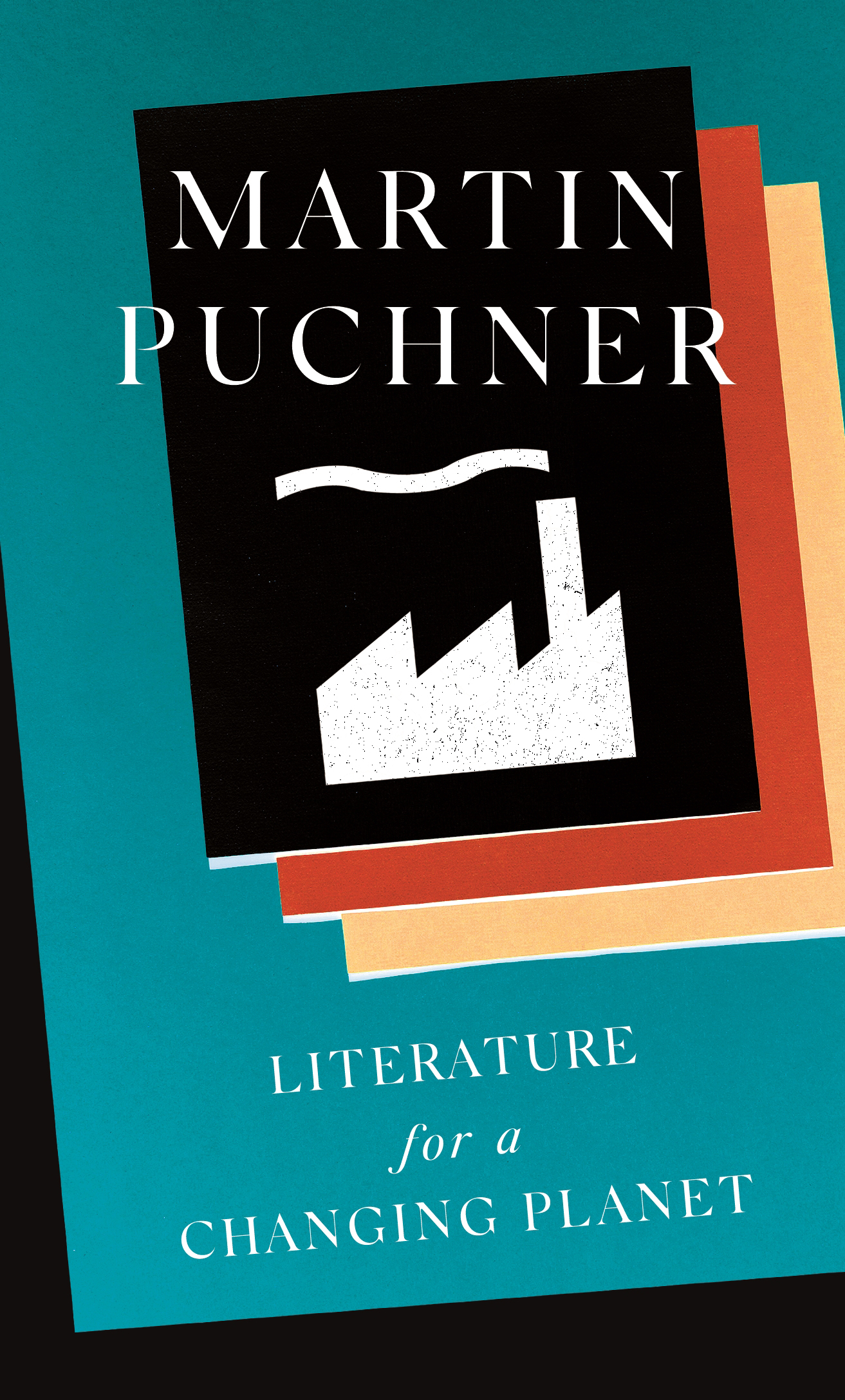LITERATURE FOR A CHANGING PLANET
THE OXFORD RESEARCH CENTRE IN THE HUMANITIES / PRINCETON UNIVERSITY PRESS LECTURES IN EUROPEAN CULTURE
LITERATURE for a CHANGING PLANET
MARTIN PUCHNER
PRINCETON UNIVERSITY PRESS
Princeton & Oxford
Copyright 2022 by Princeton University Press
Princeton University Press is committed to the protection of copyright and the intellectual property our authors entrust to us. Copyright promotes the progress and integrity of knowledge. Thank you for supporting free speech and the global exchange of ideas by purchasing an authorized edition of this book. If you wish to reproduce or distribute any part of it in any form, please obtain permission.
Requests for permission to reproduce material from this work should be sent to permissions@press.princeton.edu
Published by Princeton University Press
41 William Street, Princeton, New Jersey 08540
6 Oxford Street, Woodstock, Oxfordshire OX20 1TR
press.princeton.edu
All Rights Reserved
Library of Congress Cataloging-in-Publication Data
Names: Puchner, Martin, 1969 author.
Title: Literature for a changing planet / Martin Puchner.
Description: Princeton : Princeton University Press, 2022. | Includes bibliographical references and index.
Identifiers: LCCN 2021016499 (print) | LCCN 2021016500 (ebook) | ISBN 9780691213750 (hardback) | ISBN 9780691230429 (ebook)
Subjects: LCSH: Ecocriticism. | LiteratureHistory and criticism. | Climatic changes in literature. | BISAC: LITERARY CRITICISM / Comparative Literature | LITERARY CRITICISM / General | LCGFT: Literary criticism.
Classification: LCC PN98.E36 P86 2022 (print) | LCC PN98.E36 (ebook) | DDC 809/.9336dc23
LC record available at https://lccn.loc.gov/2021016499
LC ebook record available at https://lccn.loc.gov/2021016500
Version 1.0
British Library Cataloging-in-Publication Data is available
Editorial: Ben Tate and Josh Drake
Production Editorial: Ellen Foos
Text Design: Chris Ferrante
Jacket art and design by Nuno Moreira
Production: Danielle Amatucci
Publicity: Jodi Price and Carmen Jimenez
Copyeditor: Daniel Simon
FOR USCHI AND DAVID
CONTENTS

LITERATURE FOR A CHANGING PLANET
PREAMBLE

LITERATURE FOR A CHANGING PLANET
ONE HUNDRED AND SIXTY million years ago, in the inner region of the asteroid belt, a piece of rock was separated from its companions by the subtle interplay of gravitational forces. Slowly, it drifted away, a tiny object about thirty miles across, calmly following its new trajectory through the expanse of space. After three hundred million miles of undisturbed travel at the steady speed of forty thousand miles per hour, the rock suddenly encountered resistance when an atmospheric cloud slowed its progress, transforming momentum into heat. A moment later, the rock hit water and land. In less than a second, it burrowed some twelve miles into the continental crust, before coming to a complete halt.
Around it, mayhem ensued. The forces unleashed by the impact were hundreds of billions of times as large as the two atomic bombs that would devastate Hiroshima and Nagasaki. The stray asteroid hit earth near the Yucatan Peninsula in southern Mexico, where sixty-six million years later the Spaniard Hernn Corts would land with his group of adventurers, equipped with steel, horses, and germs, destroying an entire culture. The asteroid did its work of destruction through the sheer force of impact, unleashing a tsunami that reached all the way to Florida and Texas. Large amounts of debris were thrown up into the atmosphere, where they became burning projectiles that rained back down onto earth, turning everything within their reach into an inferno. Shockwaves led to a cascade of earthquakes and volcanic eruptions across the globe.
The long-term impact was even more devastating. Acid rains and a spike in CO2 levels led to a greenhouse effect. Worse still was the dust cloud that blocked the sun, sharply reducing photosynthesis, which interrupted the entire food chain. The bigger the animals, the higher up in the food chain, the worse off they were. When several years later plants started to grow again from seeds and roots, many of the larger animal species had already died out, all land-based dinosaurs among them.
Over the next sixty-six million years, the gravely disturbed ecosystem of planet earth adjusted. All it needed was time, time for photosynthesis to start again, time for random mutations to produce better adaptations for particular niches and for old species to move to different habitats. Life resumed but on a smaller scale than before, favoring bacteria and mammals, which multiplied thanks to the absence of large predators. What remained of the dinosaurs took to the air, picking off small mammals from time to time in memory of their former supremacy. Over time, the trauma of the collision was almost forgotten, and even the crater, sixty-two miles wide and nineteen miles deep, filled in. It was almost as if the stray meteorite had never hit home.
Today, its not a disturbance in the solar system that is causing a mass extinction, nor a projectile hailing from a hundred and sixty million years ago and three hundred million miles away. This time around, the disturbance is entirely homegrown: an unfeathered biped stalking the dinosaur-free surface of the earth. It doesnt look like much, this scraggly creature, but it has a few neat tricks up its sleeve. For one thing, it can sweat, which means that it can outrun any land-based life-formeven gazelles, panthers, and horsesover long distances, anything that gets hot and pants, while this two-legged runner sweats and therefore cools in the wind. Also, its not particular in its choice of foods, eating pretty much anything, from roots, leaves, and fruits to worms, insects, and other mammals; in a pinch, it even eats its own.
This omnivore emerged less than a million years ago, took on modern form some eight hundred thousand years later, and soon learned to use all kinds of tools, thanks to fine motor skills and opposable thumbs. Even more important were its vocal cords, which allowed for a wide range of sounds that formed the basis for a sophisticated sound-based language, which enabled coordination on an unprecedented scale. Moving in hordes, held together by ever better forms of communication, this species fanned out across the surface of the earth, hunting and gathering everything it its path. It also liked to play with fire, not on the scale of the asteroid, but with small fires that allowed it to eat even more things, filling its weak stomach with hard roots, stems, berries, and cooked meats. Soon, it would use fire to burn down steppes to drive other animals into its traps or to create new pastures for its herds. Slowly, this vocalizing arsonist was remaking the earth to suit its needs.
The makeover of earth gained speed ten thousand years ago, when the creature got tired of running. It had figured out how to grow plants that yielded more calories and how to domesticate animals, and it was so pleased with these inventions that it decided to settle down. This was not the healthiest of lifestyles because crops could fail, and domesticated animals led to new diseases, viruses and plagues that sprung from animals to humans and decimated the settled population with predictable frequency. But the new mode of life also had advantages: intensive agriculture and cities allowed for a new division of labor, leading to new inventions such as writing, which supercharged the use of language, one of the creatures most valuable tools. Cities spread, populations increased, and the new settled life was changing the earth again, as forests were chopped down to build houses and to generate heat.


